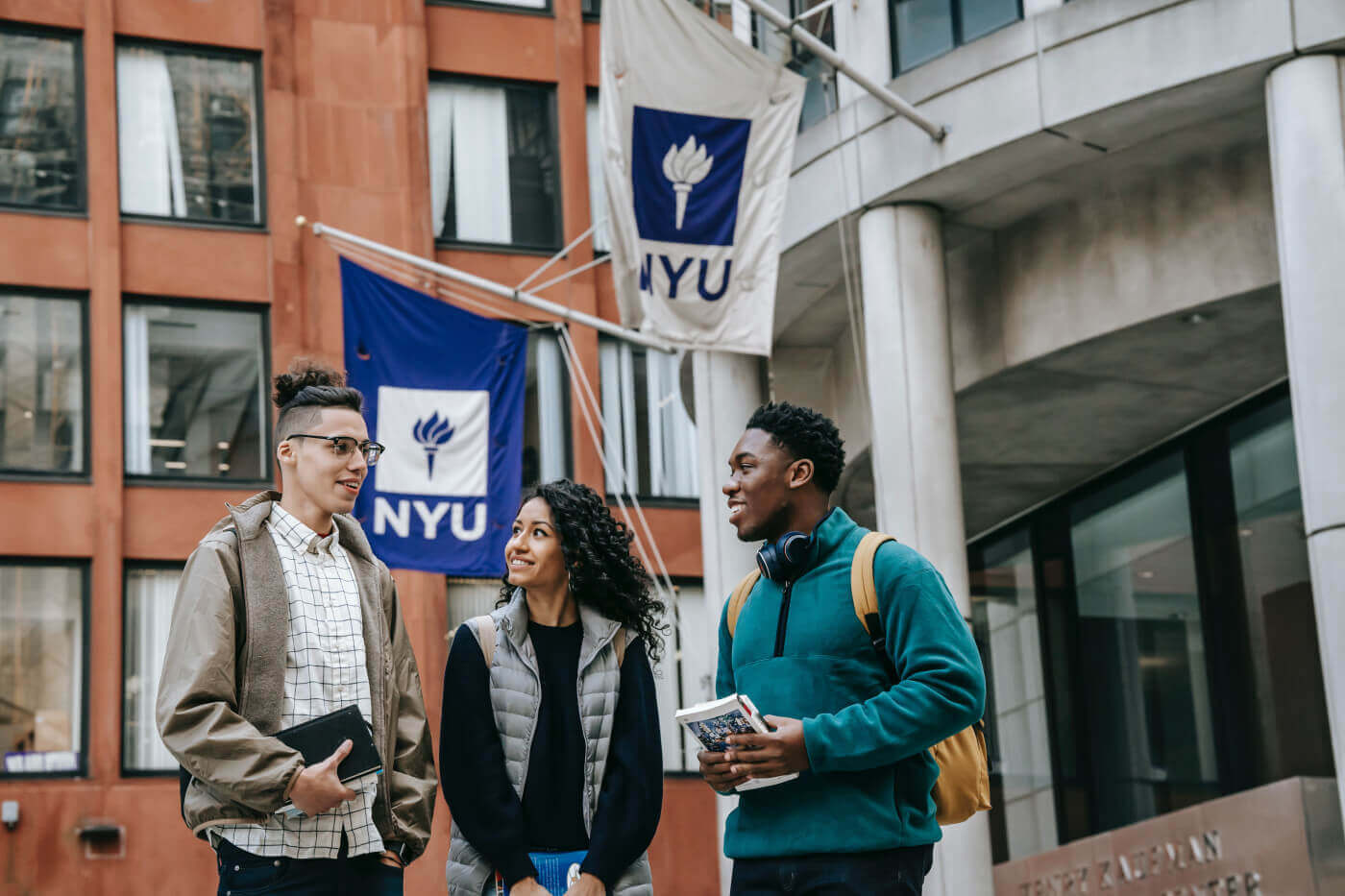7 Benefits of Extracurricular Activities for High School Students

What are extracurricular activities?
High school offers students excellent opportunities to engage in activities external to their formal academic commitments. By definition, extracurricular activities are "organised student activities (such as athletics) connected with school and usually carrying no academic credit." These activities often require a continuous time commitment, responsibility, initiative, and leadership that cannot always be developed in the classroom.
Examples of extracurricular activities:
- Internships: Volunteering at a local grocery store, café, or restaurant. A volunteer experience can make a university application stand out.
- Academic: Peer tutoring, poetry club, English club, biology club, writing club, etc.
- Academic Competitive Teams: National History Bee, National Spelling Bee, debating, speech competitions, etc.
- Arts and Crafts: Graphic design, jewelry making, photography, sculpture, sewing, weaving, etc.
- Community Service: Animal rights club, breast cancer awareness, environmental club, or involvement in groups addressing sensitive issues like homelessness or disabilities.
- Athletics/Sports: Soccer, swimming, tennis, track & field, gymnastics, volleyball, basketball, etc.
- Theatre/Drama: High school theatre, dance, miming, comedy, choir, etc.
You can use these questions to determine what extracurricular activities your child should take part in:
- Is it related to their future career goals?
- How will it affect their character?
- Does it contribute to a significant cause or help someone?
- Will it be fun or worthwhile for regular participation?
- Are there valuable lessons they can learn from it?
Benefits of Extracurricular Activities
Improved academic performance
Extracurricular activities can positively impact academic performance. Engaging in something they enjoy enhances brain functionality, focus, and time management. Activities like sports can help develop stamina and concentration, while evidence shows a strong correlation between physical fitness and improved cognitive and academic performance.
Opportunities to explore interests
Extracurricular activities allow students to discover new passions and broaden their worldview. For example, joining a culture club can foster appreciation and sensitivity toward human differences.
Increased productivity
Balancing academics with extracurriculars teaches time management and prevents demotivation. Structured activities, like team sports, help maintain a productive routine while ensuring commitments are met.
Development of life skills
Extracurricular activities help develop essential life skills such as:
- Collaboration
- Leadership
- Public speaking
- Negotiation
- Goal setting
- Problem-solving
- Conflict resolution
- Time management
- Critical analysis
Discussing with your child which activities will positively affect their future ensures they make the most of these opportunities.
Networking opportunities
Extracurricular activities provide a platform to make meaningful connections with peers, teachers, and community leaders. Building relationships through shared interests can lead to future opportunities.
Related Articles

7 Ways To Boost Your Child’s Confidence In Their Academics
Here are some very simple ways you can boost your child’s confidence by introducing helpful habits into their academic life.
Read More

Survival Guide for the First Year at University
Starting university can be an exciting step in one’s life; for others, it can be a scary and stressful transition from high school into the unknown.
Read More

Six Reasons Why Internships Are Important
In today's world, a good degree, whether undergraduate or postgraduate, is no longer enough to land that all-important graduate job offer. Today we're going to discuss six reasons why internships are critical.
Read More

We help families find their perfect tutor
Help your child improve their grades and get their confidence back.
GET A TUTOR